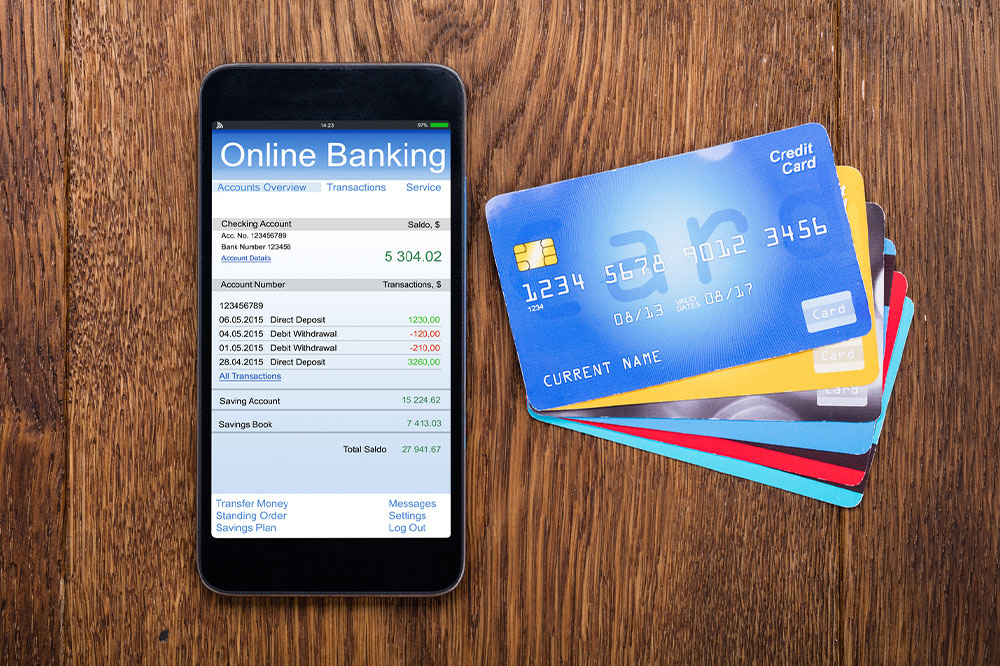Essential things to know about a checking account

If you’ve visited a bank or credit union for opening an account, you’ll know that there are multiple options to choose from. Each of these accounts has unique benefits and features that distinguish them from the rest. Among the types of available accounts at a bank are checking accounts. Once opened, you can use a checking account for deposits and withdrawals. Here’s some other important information to know before using a checking account.
Purpose of a checking account
Most checking accounts allow daily deposits and withdrawals, including depositing a check you receive, setting up a direct deposit for paychecks, or taking out cash via a debit card. A checking account’s main purpose is to maintain your funds in a secure location for a short period. Your paycheck can be sent directly to the checking account, after which you can make utility payments or move the funds to a savings or investment account. That said, a checking account isn’t a long-term solution for things like saving for a house or car. This is because interest rates can be extremely low.
Opening a checking account
After opting for a suitable checking account, you need to sign up online or visit the bank’s branch. The branch will record personal information, including your name, birth date, address, social security number, and other relevant details. In some cases, a bank may run a minor credit check. Depending on the bank, you need to deposit between $1 to $50 through online transfer, cash, or check to activate the account.
You should make sure that the account is insured by the Federal Deposit Insurance Corporation (FDIC) or National Credit Union Administration (NCUA). These agencies offer a standard insurance amount of $250,000 per depositor, for each bank or credit union. This is useful in case the bank or credit union holding your funds fails.
Popular banks that offer checking accounts
Here are four popular banks that offer various types of checking accounts.
Chase Total Checking®
As a Chase Bank Total Checking® account holder, you will get a $200 cash promotion sign-up bonus with direct deposit from your employer or the government for at least six months. If you meet the account criteria, such as making monthly deposits of at least $500, the monthly fee is waived.
Capital One 360 Checking Account
Capital One 360 Checking account holders do not have to maintain a minimum balance. The account also does not have monthly maintenance fees, and it offers the first 50 checks for free. The bank is known to offer a vast network of no-fee ATMs with access to branches in select states.
Bank of America Advantage Banking
This account from Bank of America offers three options — SafeBalance®, Advantage Plus, and Advantage Relationship. The SafeBalance® account is suitable for students as they can get sole ownership at 16 years of age and older. Moreover, it does not have monthly fees for those qualifying as students and are below the age of 25.
Wells Fargo Everyday Checking
This is one of Wells Fargo’s most popular offerings. It has four types of checking accounts. The Everyday Checking account comes with standard bank features, including check writing and a monthly fee that can be waived after meeting specific criteria. Account holders also get the option of selecting overdraft protection.






